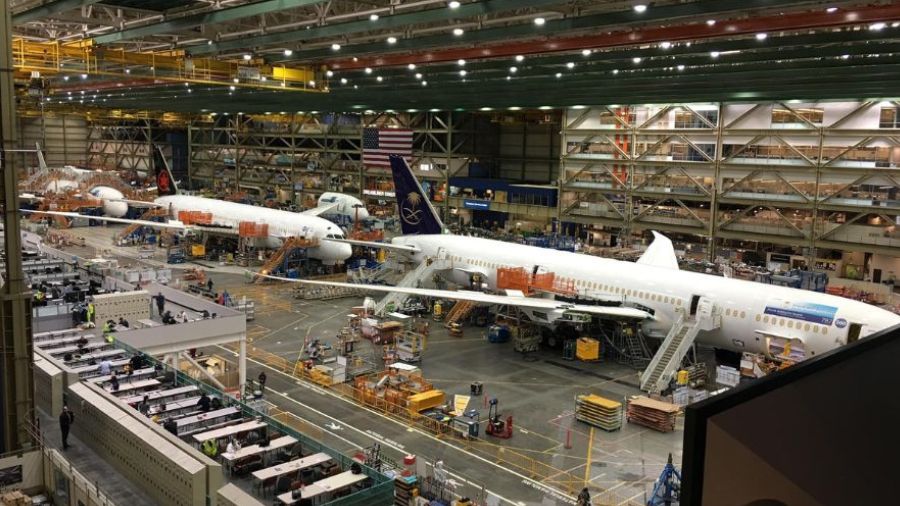Puget Sound fish farming unlikely to be the single cause of Chinook extinction, NOAA says
Jul 13, 2022, 3:19 AM | Updated: 8:29 am

(Getty Images)
(Getty Images)
90% of all seafood consumed in U.S. markets is imported, half of which is farmed through aquaculture, the process of raising and harvesting aquatic commercial products. The Puget Sound is home to four such facilities that farm steelhead trout in underwater pens which environmentalists claim endanger native species. The National Oceanic and Atmospheric Administration (NOAA), in an analysis of those aquaculture facilities, claims they are not likely to be the single cause of the extinction of Chinook salmon.
Those four pens are owned by Cooke Aquaculture, a company that, up until recent years, farmed Atlantic salmon in Puget Sound waters until their fish pens outside Cypress Island broke, spilling an estimated 4,000 non-native salmon into the Sound and the Pacific Ocean. Cooke Aquaculture would settle with the nonprofit Wild Fish Conservancy in 2019, agreeing to transition their product to native steelhead trout.
Cooke’s leases on four pens in Skagit Bay, Clam Bay, Fort Ward, and Orchard Rocks, five-year leases issued between 2020 and 2021, have withstood recent challenges in the Washington State Supreme Court. In January, the court handed down a unanimous ruling upholding the permits through a challenge by environmental groups including the Wild Fish Conservancy.
Following that decision, NOAA released a biological opinion — risk analysis of aquaculture’s impact on native, threatened, or endangered species — in the assessment of Cooke’s leases through the EPA.
The opinion concludes that the lease “is not likely to jeopardize the continued existence of Chinook salmon, steelhead, Hood Canal summer-run chum … Further, we conclude that the proposed action is not likely to result in the destruction or adverse modification of the designated critical habitats for any of the listed species.”
The opinion analyzed a number of potential impacts the pens could have on native species, largely concluding that the farmed fish will “adversely impact” native species and habitat, with the clarification that the pens alone are not likely to bring endangered species such as Chinook salmon to extinction.
Inslee, GOP spar over push to breach Snake River dams as endangered salmon populations decline
“After years of meticulous research and study, the scientists at NOAA have concluded, with full scientific certainty, that net-pen aquaculture in Puget Sound is safe for the environment and safe for the endangered species that live in these waters,” Northwest Aquaculture Alliance president Jim Parsons wrote in a statement.
“The fact that this industry is celebrating their operations won’t cause the immediate extinction of our threatened and endangered species, but rather will only continue to contribute to their decline is an unacceptably low bar,” Emma Helverson, executive director with the Wild Fish Conservancy, wrote in a statement.
In clarifying the discrepancies between how the two organizations have interpreted the opinion, NOAA spokesperson Michael Milstein told MyNorthwest:
“It’s not to the point of jeopardizing the future of the species … while there could be some impacts, it’s not rising to the level of destroying or adversely modifying to the fact that a [pen] can’t be used anymore.”
Potentially damaging effects of fish farming include the use of antibiotics, fertilizers, and disinfectants which can damage sediment and water quality, escaped fish which can disrupt the gene pool of wild fish, producing hybrid offspring that are too weak to survive.












